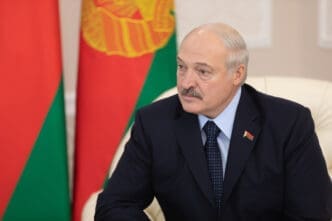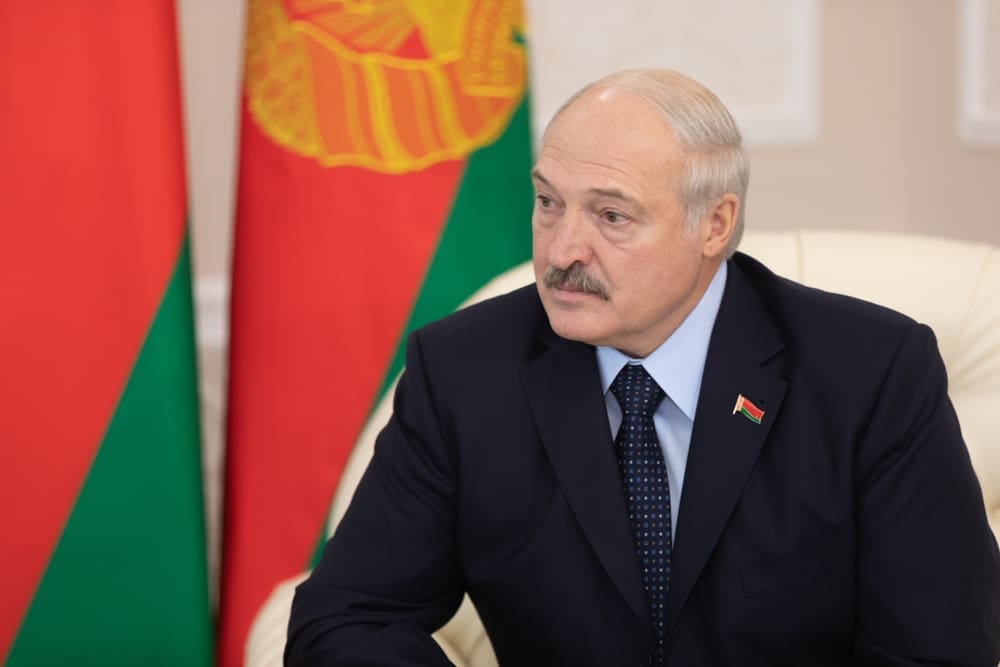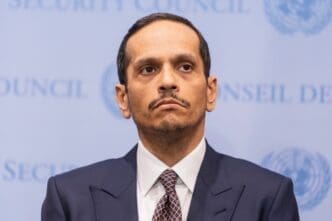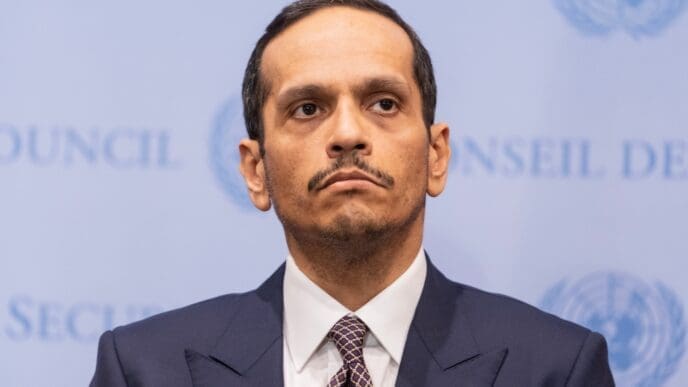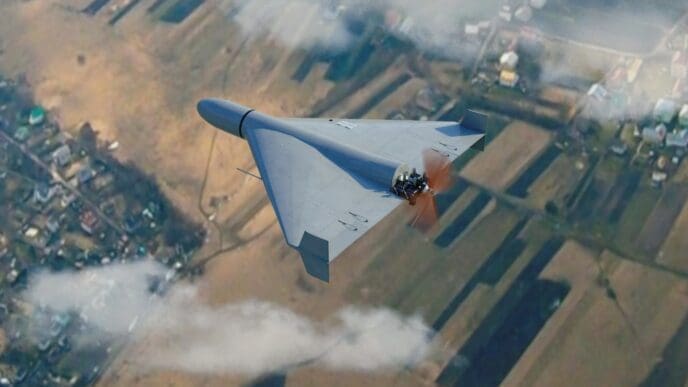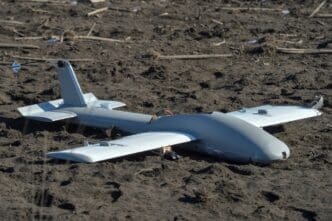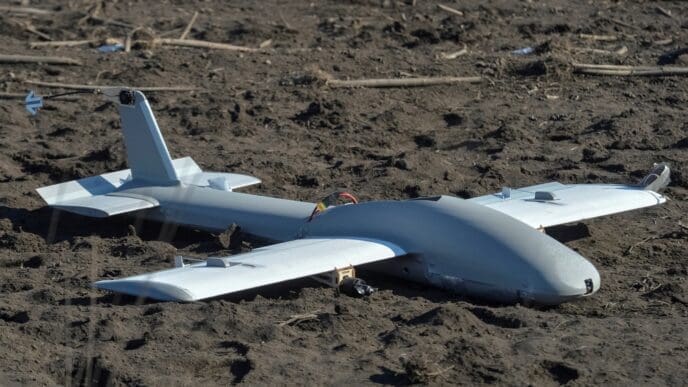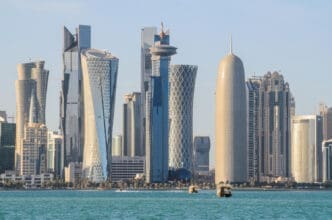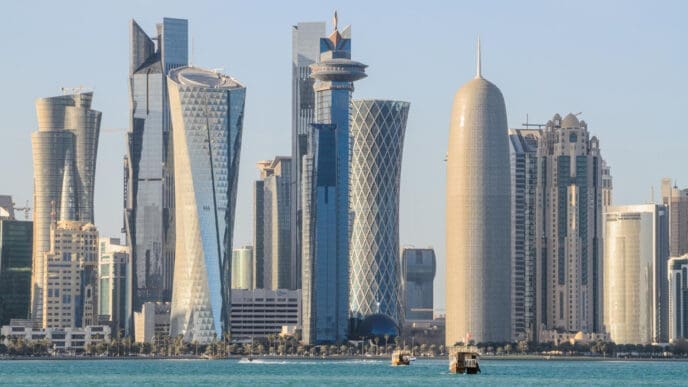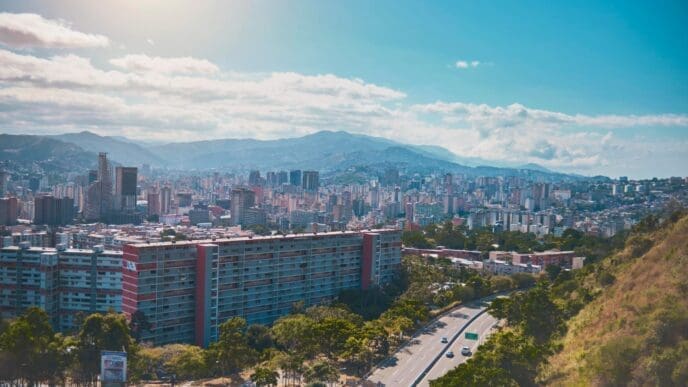Executive Summary
The Story So Far
Why This Matters
Who Thinks What?
Belarus has pardoned 52 prisoners, releasing them into neighboring Lithuania, a development confirmed by Lithuanian President Gitanas Nausėda and attributed by Belarusian leader Alexander Lukashenko to a direct request from President Donald Trump. The pardons, which include 14 foreign nationals, follow a meeting between Lukashenko and a representative of President Trump, signaling potential shifts in diplomatic relations between the United States and Belarus.
Prisoner Releases and Diplomatic Engagement
President Nausėda stated that the 52 prisoners safely crossed the Lithuanian border, expressing his personal gratitude to the United States and to President Trump for their involvement. Despite these releases, Nausėda noted that more than 1,000 political prisoners reportedly remain in Belarusian prisons.
According to his presidential pool, Lukashenko announced that the released individuals included 14 foreign nationals, among them six Lithuanians, two Latvians, two Poles, two Germans, one French national, and one from the United Kingdom. He specified that these pardons were granted “at the request of the President of the United States.”
US-Belarus Relations and Sanctions
The pardons were announced subsequent to a meeting between Lukashenko and John Coale, identified as a representative of President Trump. During this meeting, the Belarusian presidential office reported that Washington was lifting sanctions on Belarus’ state-run airline, Belavia. Coale also indicated the US’s intent to reopen its embassy in Minsk, though a specific timeline was not provided.
Belarusian authorities stated that Coale delivered a letter from President Trump and the American first lady to Lukashenko, conveying well wishes. The letter was accompanied by a gift of cufflinks featuring an image of the White House.
International Reactions and Humanitarian Grounds
Lukashenko publicly thanked President Trump for his efforts toward peace, particularly within the region. Russian state media reported that the pardons were carried out on humanitarian grounds and as a gesture of goodwill, following requests from President Trump and other international leaders.
While a comprehensive list of all pardoned prisoners has not been officially released, human rights organizations and independent Belarusian media have documented the release of several prominent political prisoners. These include Mikola Statkevich, a former Belarusian presidential candidate, activist and philosopher Uladzimir Matskevich, and Lithuanian citizen Elena Romanauskiene.
The release of these prisoners, facilitated by the involvement of President Trump, marks a notable moment in the diplomatic relationship between Belarus and the United States, alongside the reported lifting of sanctions and discussions of embassy reopening.

